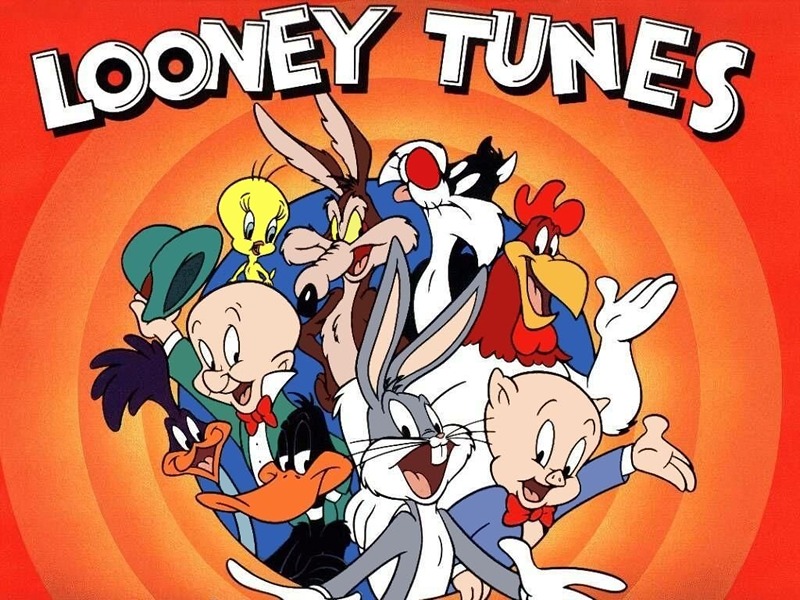There are more examples for Delpit than Rodriguez, but one quote in particular stood out to me:
"The discourse (ways of communication and the beliefs, attitudes, values, habits, and behaviors that underlie them-especially attitudes related to authority, conformity, and power) of working class communities is at odds with the discourse of the schools. This makes acquisition of school discourse and powerful literacy difficult for working class children".
 This quote reminds me of Rodriguez in the way that he describes "private identity" and "public identity" because if the discourse at home is that school isn't very important and what is important is being able to work without knowing a lot, then students won't try as hard at school. I have known many people who Rodriguez would describe as having two identities because they act a certain way outside of their house and the complete opposite once they are home. I feel like when students think they must keep their private lives a secret from their public lives then one of their lives will overpower the other.
This quote reminds me of Rodriguez in the way that he describes "private identity" and "public identity" because if the discourse at home is that school isn't very important and what is important is being able to work without knowing a lot, then students won't try as hard at school. I have known many people who Rodriguez would describe as having two identities because they act a certain way outside of their house and the complete opposite once they are home. I feel like when students think they must keep their private lives a secret from their public lives then one of their lives will overpower the other. The next quote which I absolutely love is one that has Delpit written all over it,"
"I didn't say to an errant student, "What are you doing?" I said, "Stop that and get to work." No discussion. No openings for an argument".
This is such a great example of what Delpit was saying in her entire article. The fact that Finn strictly tells the students the rules and codes of power without asking useless questions is exactly what Delpit wants all teachers to do.





